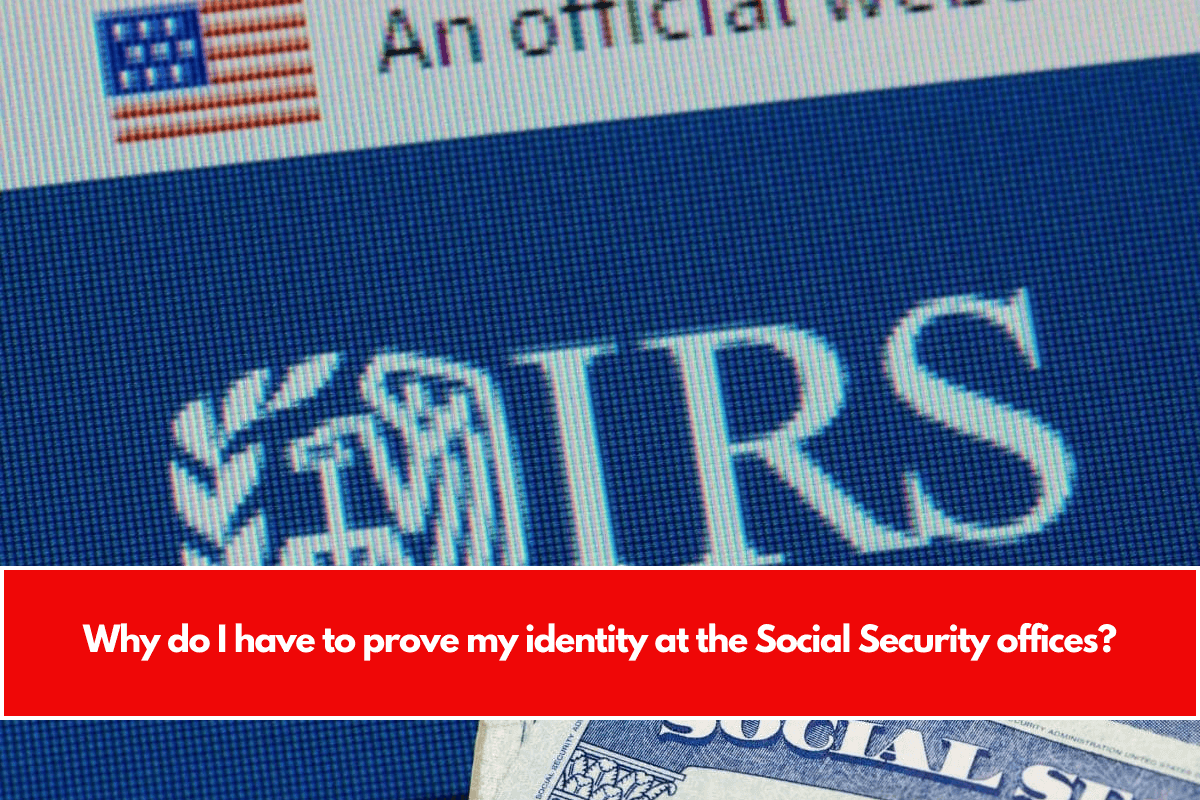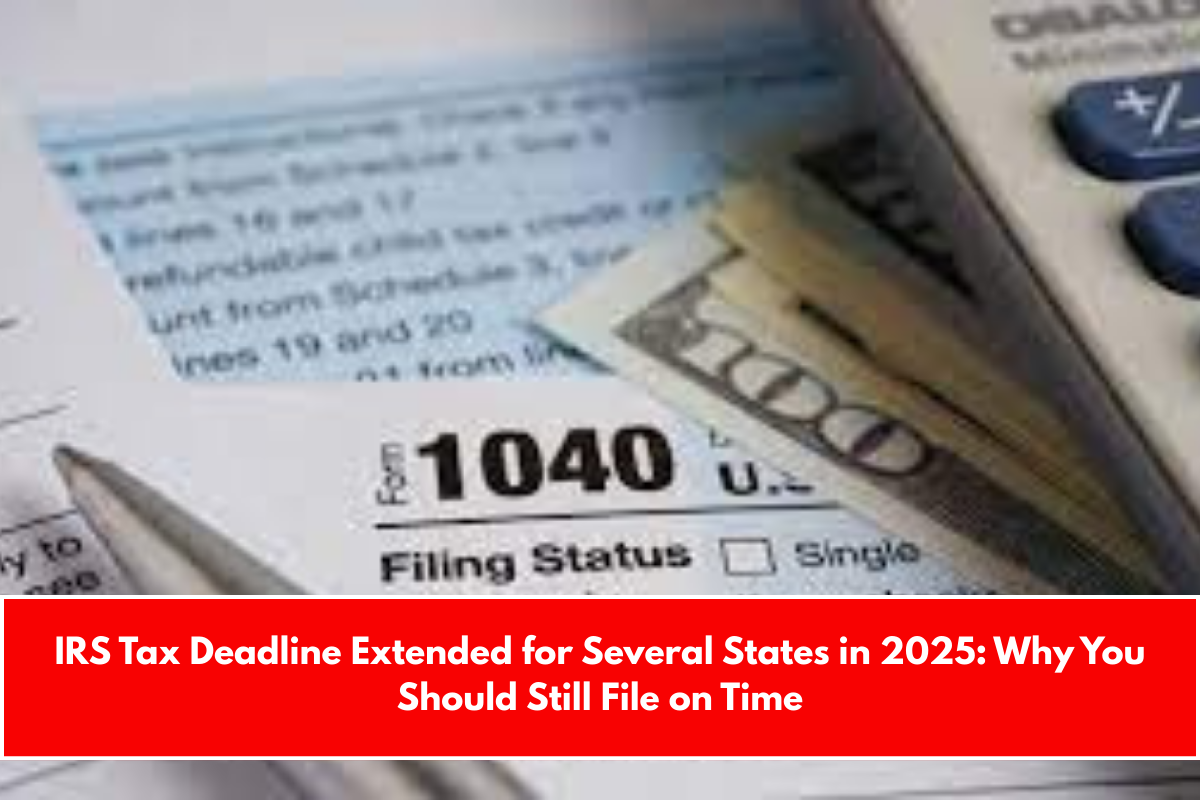The IRS (Internal Revenue Service of the United States) is responsible for administering Social Security benefits taxes. Many Social Security beneficiaries are unaware of how the agency oversees the taxation of their monthly payouts. Understanding how the IRS handles taxes on this income can help you avoid surprises at tax time.
It is critical to remember that while Social Security benefits provide a significant source of income for millions of Americans, they are not always tax-free. Depending on your total annual income, the IRS may compel you to pay taxes on some of the benefits you receive. It is critical to understand what elements determine whether or not your benefits are taxable.
This article will explain how the IRS handles Social Security benefits and what you should do to remain on top of your tax obligations. In addition, we will go over how to manage these payments and what options are available if you are a Social Security beneficiary.
When do you have to pay taxes on your Social Security benefits?
The IRS does not tax all Social Security benefits; however, if your income is high enough, some of your payments may be subject to taxation. In general, this is determined by your other revenue earned over the year. To assess whether you should pay taxes on your benefits, the IRS employs a system based on your overall income known as “modified adjusted gross income” (MAGI).
Let’s have a deeper look at how this system works.
- Individuals with a total income of less than $25,000 (including Social Security and other income) are exempt from paying taxes on their benefits.
- Married couples filing jointly pay no taxes on benefits if their total income is less than $32,000.
- If your income exceeds these limits, the IRS may tax up to 85% of your Social Security benefits.
So, if you haven’t already sent your tax return to the IRS, make sure to include all of this information when you do.

Avoid problems with the IRS and when you get your Social Security
To avoid difficulties with the IRS when we begin receiving Social Security checks, you must keep accurate records of your new income. If your circumstances change and you begin to earn more money, such as from other jobs, interest, or dividends, your tax exemption on Social Security benefits may be jeopardized. Here are some suggestions to avoid surprises:
- Consult a professional: If you’re not sure how your income may influence your Social Security taxes, consult a tax lawyer.
- Adjust your withholdings: You can request that Social Security withdraw taxes straight from your payments to avoid having to make a hefty payment at the end of the year.
- Stay informed at all times: Review your tax return once a year to see whether your tax approach needs to be adjusted.
This proactive approach, which begins when you start collecting your retirement income, can help you keep adequate control over your tax obligations and avoid surprises during tax season. Nobody wants to deal with the IRS, especially when things aren’t going so well financially.
















